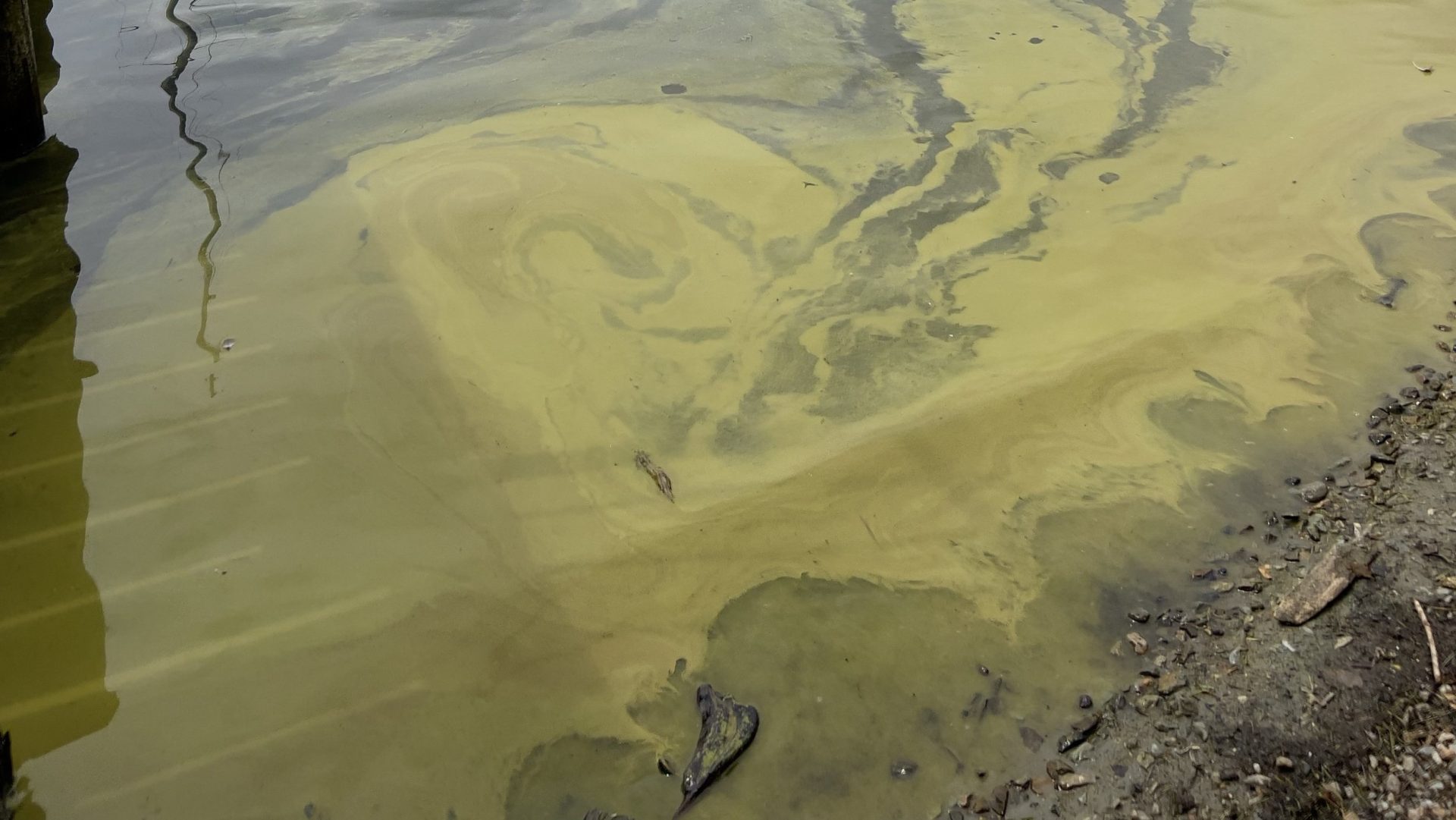Campaigners have called on the new environment minister to take action after the levels of blue-green algae in Lake Windermere surpassed the World Health Organisation’s safe guidelines for swimming in England’s largest lake.
Blue-green algae, or cyanobacteria, can be harmful to humans and animals. It can also severely damage delicate aquatic ecosystems by depleting them of oxygen.
According to campaign group Save Windermere, this is the second time in two years the group has deemed the risk to human health as a justifiable reason to undertake independent sampling at Waterhead, the start of the lake at the north tip, and the most popular place to enter the water. Both times the WHO threshold has been surpassed.
Matt Staniek, Founder of Save Windermere, told Water Magazine:
“The main contributor to the algal blooms in Windermere is sewage, both treated and untreated. This has been the primary issue for decades due to inadequate infrastructural investment in the face of a changing climate. We do not have the agricultural practices here that cause the extensive damage seen in other parts of the country. We have no intensive dairy farming, no poultry, no arable farming, it’s predominantly sheep grazing.
“Any suggestion of investment in land based solutions would be a smokescreen steering us away from the infrastructural investment desperately needed. Save Windermere is calling for a complete end to all sewage dumping in Windermere, urging the Labour government to instate our 10 point plan for a sewage free Windermere, granting Windermere greater protection and putting the ecological integrity of Windermere above anything else.”
In a statement issued by the campaign group, Dr Nick Everall said:
“Sixty to seventy percent of blue-green algal blooms produce toxins and other bi-products which can cause allergic skin reactions and vomiting sickness when ingested by humans. People would do well to remember that, weight for weight, the toxins produced by these organisms are as toxic as cobra venom if ingested. Certainly monitoring of recreational waters should be adequate to protect all water users and allow them to make their own informed decisions on health and safety.“
Alastair Chisholm, Policy Director at the Chartered Institution of Water and Environmental Management (CIWEM) commented:
“Whilst there is understandable focus on storm sewage overflows in the £88bn proposed investment programme agreed by Ofwat, impacts on lakes like Windermere are more associated with the standards of treated effluent being discharged by treatment works as well as agricultural pollution across the catchments that feed into it.
“Within these huge expenditure programmes by water companies, it is essential that money is focused on where most harm is being caused not just on totemic issues. Failure to do so is a waste of billions of taxpayer money.
“There needs to be better monitoring of our river catchment and lakes, with more targeted solutions delivery, catchment by catchment. This should come as part of a full review of water governance and management by the government.
“This must form part of a wider, deeper programme of reform which focuses not just on the water industry but on how pressures from agriculture, alongside toxic pollution from highways and chemicals can be tackled in a far more systematic way.
“At the heart of this investment should be skills. Unless we invest in a bigger and more diverse profession than the engineers, ecologists and scientists that operate in the sector today, we will not be able to deliver transformation after years of under-investment, inadequate regulation and progressive decline in the health and resilience of our water environment.
“Our members are extensively unhappy with the regulation and performance of the water companies, yet never before has their expertise been so critical to society and a freshwater future.”



